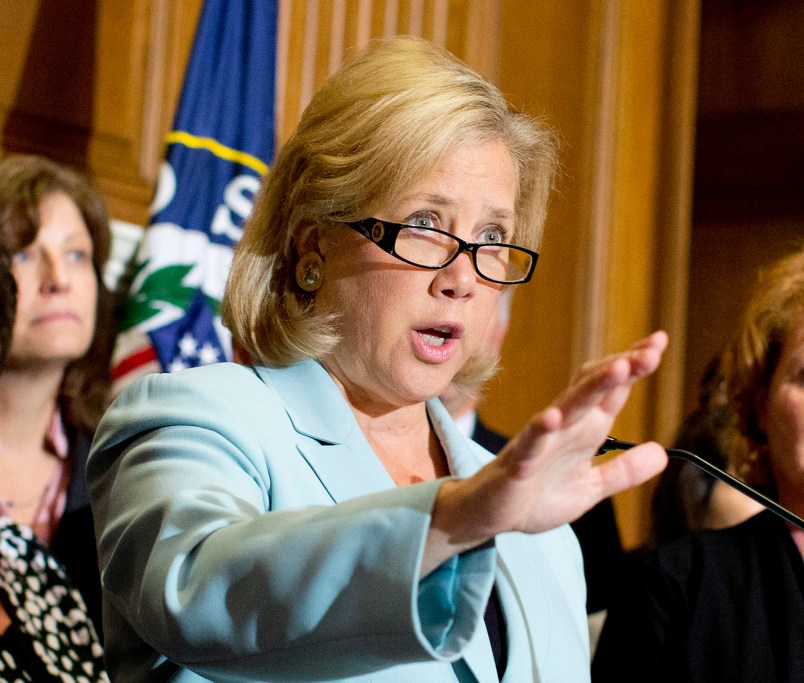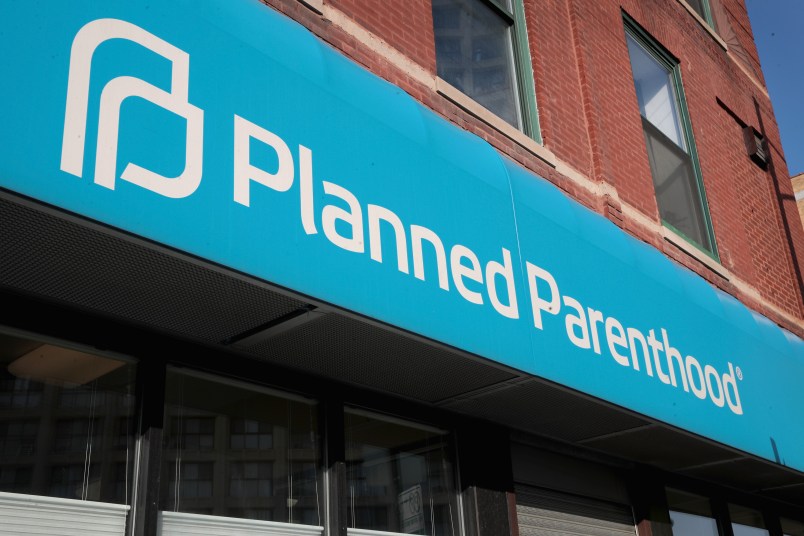The New York Times’ Nate Cohn pushed back on criticism of a set of new polls released Wednesday that showed Southern Democrats either leading or neck-and-neck in four Senate races that have long been regarded as easy pickups for Republicans in the 2014 cycle.
Cohn responded to criticism from, in particular, The Weekly Standard’s Bill Kristol and the Republican National Committee over the poll. Kristol argued that the poll’s survey results on a question over who voters supported in 2012 proves the poll is clearly skewed toward Democrats. Cohn brushed off that argument.
“But there’s a well-known bias toward the victor in post-election surveys. Respondents who voted for the loser often say that they don’t remember whom they supported, or say they supported someone else,” Cohn wrote. “The signs of that bias are obvious upon closer examination. The poll accurately captures Mr. Obama’s support, but tends to underestimate Mr. Romney’s performance.”
The RNC also sent out a response to the poll’s findings arguing that the poll’s findings were clearly wrong because of the findings of those surveyed on 2012 questions.
“Twenty percent plus of their respondents said they didn’t vote in 2012. Just 3 percent of 2010 voters were first-time voters; The NYT poll has Romney winning Arkansas by 1 with their sample of voters when in reality Romney carried Arkansas by 24 points; In Kentucky, the NYT poll had Romney beating Obama by 3 points when in reality it was 23 points,” RNC spokeswoman Kirsten Kukowski wrote. “In Louisiana, the poll had Obama winning by 3 points in a state he lost by 17; In North Carolina, a state Obama lost by 3, the NYT poll sample gave him a 7 point victory.”
Cohn also argued that another sign that the poll’s findings are accurate is because of the number of voters who said they voted for Obama in 2012. Cohn wrote:
Mr. Obama’s share of respondents who say they voted in 2012 is startlingly close to his actual result. He won 48 percent in North Carolina, and 48 percent of self-reported voters say they voted for him. Mr. Obama won 38 percent of voters in Kentucky, and 38 percent of self-reported voters say they voted for him. Forty-two percent of self-reported voters say they voted for Mr. Obama in Louisiana; and 41 percent actually did. In Arkansas, 38 percent reported voting for Obama, and 37 percent did.
Is it possible that nearly all of the voters who “don’t remember” or voted for “someone else” supported Mr. Romney? Yes, and there’s evidence to support it. The voters who didn’t report whom they supported are overwhelmingly white, while over 90 percent of black voters reported supporting Mr. Obama. In the racially polarized South, this is strong evidence that the overwhelming majority of those who “don’t remember” or supported “someone else” were supporters of Mr. Romney.
John Podhoretz, editor of the conservative Commentary magazine, said Cohn made a solid defense of the poll.
in which @Nate_Cohn offers a solid defense of the NYT poll. http://t.co/dh8XdDNgj9
— John Podhoretz (@jpodhoretz) April 23, 2014







Past elections may become assessments of current feelings, not reports of actual past votes. One spectacular change in vote reporting took place between 1960 and 1964. Right after the close election of 1960, the Survey Research Center at the University of Michigan found an evenly divided electorate, much like the actual nationwide results. Two years later, however, 56% of voters said they had voted for John F. Kennedy and just 43% said they voted for Richard Nixon. In 1964, after Kennedy’s 1963 assassination, his narrow victory of 1960 had turned into a 28-point landslide in voters’ memories: 64% of those interviewed said they had voted for Kennedy, while only 36% admitted voting for Nixon.
Voters have had a roller coaster ride with their memories when it comes to the current president, too! Immediately after the 2000 election, voters reported their 2000 vote accurately in a CBS News Poll. It was a close election and a close poll result. But as George W. Bush’s approval rating soared to 90% following the terrorist attacks of Sept. 11, 2001, Bush also gained votes. Al Gore’s narrow victory in the national tabulated vote turned into an apparent 16-point Bush landslide in the January 2002 CBS News Poll. In a 2007 CBS News Poll as Bush’s popularity began to wan as a the Iraq invasion began to descended into a protracted and unpopular occupation, self-reports of the 2004 vote gave George W. Bush a 6-point lead just over John Kerry, only slightly inflated from the actual outcome.